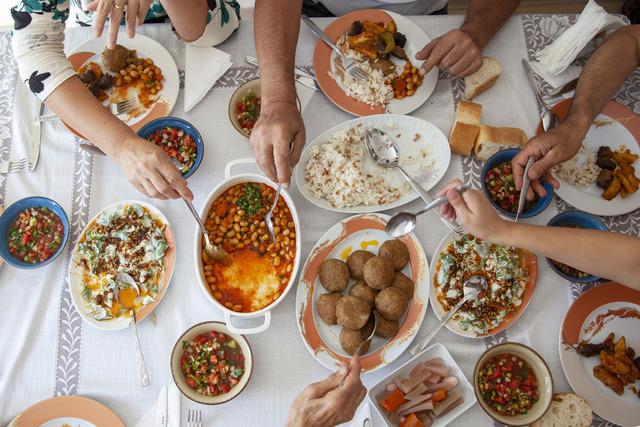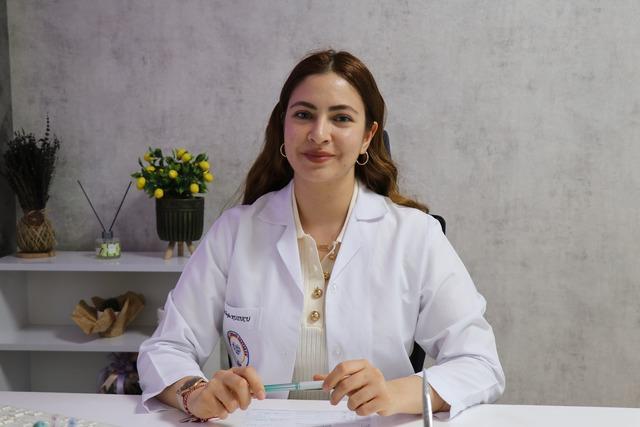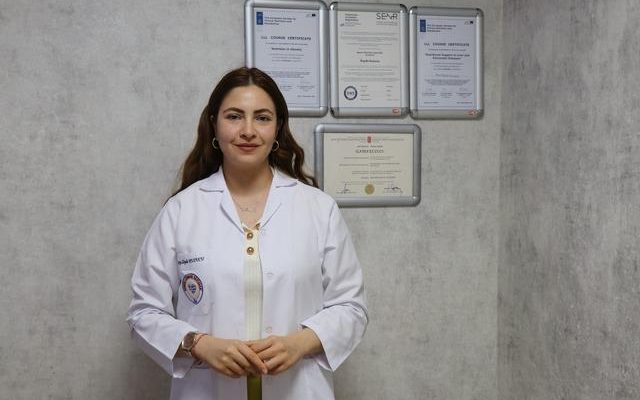The month of Ramadan will start on March 11 this year. The first sahur meal will be served on the night between Sunday, March 10th and March 11th. Due to changing food consumption habits during Ramadan, Denizli Special Surgery Hospital Specialist Dietician İlayda Kuzucu said that a harmony is achieved in both the digestive system balance and normal nutrition balance with physiological hunger during Ramadan. Expert dietitian Kuzucu stated that cortisol, called the stress hormone, is secreted when you wake up at sahur, and stated that this hormone is excessive when you first wake up during long-term fasting, and suggested that you start sahur with a small amount of water.
Emphasizing the importance of the foods to be consumed at sahur that will keep you full for a long time, Kuzucu said, “It is very important to have whole grains, especially protein-rich, and semi-skimmed milk and dairy products rich in fiber sources, you can diversify your diet with these. Do not consume too much of it as a leftover meal, vegetable dish, chickpea dish or soup. Because you get a certain amount of fat and carbohydrates. “A little more attention needs to be paid in this process, both in terms of the digestive system and intestinal health,” he said.

“WE SHOULD DO A LITTLE MORE PORTION CONTROL INSTEAD OF FAT, DENSE FOODS”
Dietitian Kuzucu, who warns against consuming dense and fatty foods during iftar, said, “You should start with a normal glass of water, approximately 200 milliliters, and then, if preferred, dates or walnuts can be consumed. I would like you to exercise a little more portion control instead of eating carbohydrate-rich, fat-dense meals. There are issues to be considered regarding vegetable dishes, meat dishes and rice. This is the amount of liquid. Because we have not drank water for a long time, we are dehydrated, which may be a case of dehydration. At this point, let’s definitely start with the soup. Because we need to support our intestines. We want to support the stomach part.

Hunger was created for a very long time. Our stomach acid has increased. You may be complaining that you usually have heartburn, gas and bloating after iftar. At this point, we need to have habits that will regulate our stomach acid. We will pay attention to the amount of sugar. Do not consume too much sugary and carbonated drinks. I don’t recommend cola, soda or fruit sodas. Extra attention needs to be paid to meals and the amount of fluid. “Our aim is to lose weight during Ramadan fasting and prevent obesity, of course it cannot, but it supports and helps in the weight loss process,” he said.
(UAV)

